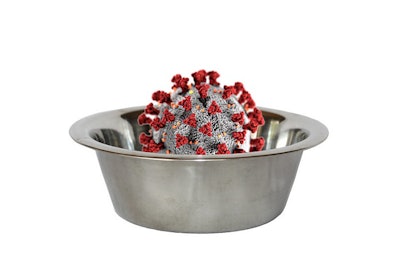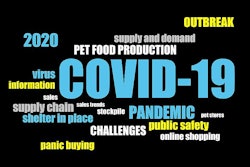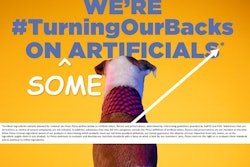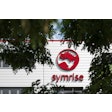
Despite the best efforts of any particular pet food industry business to prepare for the pandemic and deal with its effects, COVID-19 affected the entire supply chain. Globally interconnected pet food businesses may have suffered some delays and challenges as various countries dealt with the pandemic in their own ways. While movement restrictions may have hindered pet food ingredient production and delivery, one executive said his company managed to maintain on-time delivery despite lockdowns.
“In a lot of cases, we’re relying on other parties,” Paul Manning, president and CEO of Sensient Technologies, said (see video below). “We’re relying on countries in lock downs or in lock downs that were staged in unusual manner, in my opinion.”
Especially early in the pandemic, Sensient experienced problems with supplies from Asia, he said. However, while COVID-19 was still restricted in geographic range, the pet food colorant and other ingredient supplier stockpiled needed ingredients. That supply proved sufficient for Sensient to maintain nearly 95% on-time delivery to all customers.
The situation has been challenging, he said. Clever, resourceful employees have proven to be key in finding solutions to pet food supply chain problems during the COVID-19 pandemic. Sensient operated production facilities, offices and labs around the world. Each one has had to adapt to local conditions.
Providing leadership in pet food industry during pandemic
Even in COVID-19 hotspots like Italy, Spain, the United States and China, Sensient employees have maintained productivity. For workers in facilities like labs and production plants, where remote work is impossible, attendance has been even stronger than before the pandemic.
Pet food industry executives can help their companies by focusing on the vital mission of providing food, he said in another video. Along with an inspiring mission, employees also need effective infrastructure to keep them healthy and safe while fulfilling that mission.



















